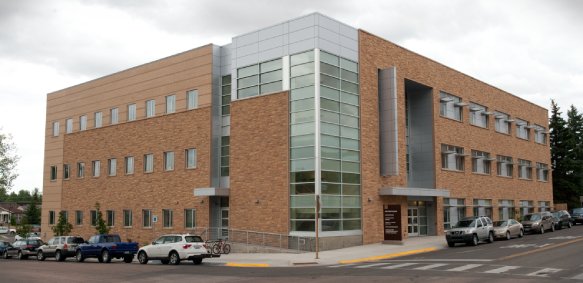Outside the University Anthropology News
Archaeologists may have uncovered a Bronze Age metropolis in Kazakhstan’s steppeNov 18, 2025 || Upon the open grasslands of what is now Kazakhstan, there once stood
a Bronze Age settlement that may have served as a center of exchange and power around
1600 BC. The settlement — called Semiyarka and nicknamed “The City of Seven Ravines”
for its location overlooking a network of valleys — was first discovered in the early
2000s, but it wasn’t until an international group of archaeologists surveyed the area
starting in 2018 that its impressive size and potential importance within the Eurasian
Steppe came to light.
Stable isotope chemistry reveals plant-dominant diet among early foragers on the Andean
Altiplano, 9.0–6.5 cal. ka Jan 24, 2024 ‖ Current models of early human subsistence economies suggest a focus
on large mammal hunting. To evaluate this hypothesis, we examine human bone stable
isotope chemistry of 24 individuals from the early Holocene sites of Wilamaya Patjxa
(9.0–8.7 cal. ka) and Soro Mik’aya Patjxa (8.0–6.5 cal. ka) located at 3800 meters
above sea level on the Andean Altiplano, Peru.
Mining the Past: Anthropology Professors Uncover Wyoming's First Coal Mining TownWinter 2024 ‖ What if you could open a time capsule left by Wyoming's first coal miners?
In a way, that's exactly what University of Wyoming Department of Anthropology Associate
Professors Alexandra Kelly and Jason Toohey are doing in Carbon City, Wyoming's first
coal mining town, which was established in1868 near Medicine Bow.
Men are hunters, women are gatherers. That was the assumption. A new study upends
it.July 1, 2023 ‖ For decades, scientists have believed that early humans had a division
of labor: Men generally did the hunting and women did the gathering. And this view
hasn't been limited to academics. It's often been used to make the case that men and
women today should stick to the supposedly "natural" roles that early human society
reveals.


